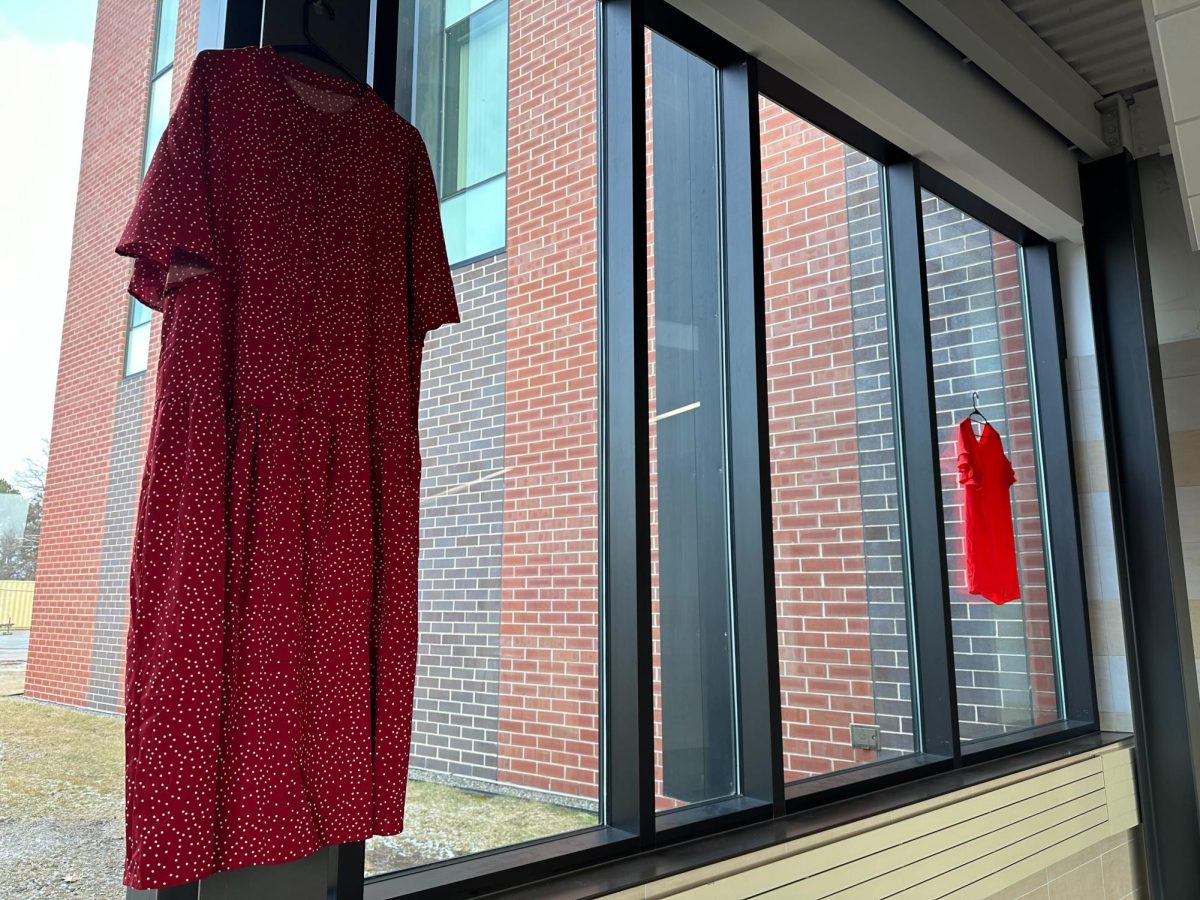After The North Wind requested emails of several university administrators in December, NMU administrators sent a bill of $613 to the campus newspaper.
The request, which is covered under the state Freedom of Information Act (FOIA), asked for emails of six administrators and the university’s general counsel that included four key words during a specific time period. NMU’s FOIA officer Gavin Leach notified The North Wind on Dec. 12 of the cost.
In an attempt to lower the bill, The North Wind pared down its request, eliminating the emails of the general counsel. The university then reduced the cost of the newspaper’s FOIA request to $300, “in a good faith effort in recognition of our mutual cooperation,” said Gavin Leach, vice president of finance and administration, in an email. Vice President Steve Neiheisel, financial adviser to The North Wind, said the newspaper board, comprised of students, faculty and others would have to approve the expenditure before the newspaper could make a required down payment of $150. The university will not begin retrieving the information until a down payment is made. The North Wind board is scheduled to meet Friday, Jan. 16, but so far, the FOIA issue has not been added to the agenda by the chairperson.
The North Wind contacted other Michigan student newspapers and journalists about what they thought about NMU charging for FOIA requests, especially of its student newspaper.
Kevin Devine, a member of the board for the Michigan Collegiate Press Association and adviser to Eastern Michigan University’s student newspaper said Eastern is fortunate to have a good relationship with their university in regards to making requests for public documents. He said it has become a cooperative process and often eliminates the necessity for the FOIA request altogether.
“It’s unfortunate and really disconcerting when public officials make citizens and journalists jump through hoops to get public information,” Devine said. “They can’t be using university email to engage in activity that is counter to their own stated policies and procedures. Between public officials, how hard is it to copy those emails? We’re not talking a lot of time here and in my opinion public officials should conduct public business in public so that’s why it’s concerning.”
Devine said there are cases when there are excessive costs associated with a FOIA.
“Sometimes there really are legitimate expensive things and it is a case by case basis,” Devine said. “So when it is something that is easy to pull or data that is readily available and if you get something like that with a high price tag, to me that is a red flag.”
Devine added that making public documents difficult to obtain can make reporters think the institution has something to hide.
“The appearance of malfeasance is as bad as malfeasance itself because you’ve tainted the relationship,” Devine said. “So even if you’re not doing something wrong but you appear to be doing something wrong, you’re sunk.”
According to Leach, the cost of The North Wind FOIA was calculated including necessary “administrative assistant or clerical staff time needed for examination, review and deletion and separation of exempt from nonexempt information of the emails for the seven individuals identified in the FOIA request.”
The North Wind repeatedly asked for a detailed account of how Leach had calculated the bill. Leach eventually said his office estimated that it would take 13 hours of administrative assistant and clerical time to retrieve emails from six individuals. In addition, 1.5 hours of programming time was also included for retrieving e-mails from the archival system.
“The actual work to date is showing that the time will exceed our estimate,” Leach wrote in an email, “but we will adhere to the original estimated amount.”
David Jesse, a higher education reporter from The Detroit Press, was concerned about how much it cost to digitally retrieve emails as well. He said he has seen other public bodies use inflated costs to delay or eliminate a FOIA request.
“There are a lot of people and ordinary citizens trying to get information about how their government works, and a public university is a public governmental body and they should be accessible to the average citizen,” Jesse said.
Adam Marshall, the Jack Nelson Legal Fellow at the Reporters Committee for Freedom of the Press, noted the Michigan FOIA law language dictates that the employee who retrieves the requested document must be the one with the lowest wage capable of doing the work.
The Michigan FOIA law states in section 15.234 that “a public body shall utilize the most economical means available for making copies of public records.”
“If you want to dissuade someone from getting records, especially if you know they don’t have the resources, you can charge a lot of money,” Marshall said. “That tactic has been around for a long time.
“I think everyone knows searching emails for a key word is not particularly difficult and shouldn’t take a lot of time. I have seen in other situations agencies charging high fees to dissuade citizens from requesting information.”
Discussion about the state Freedom of Information Act has also been raised by the state legislature.
Recently, a bill was proposed that aimed to decrease the cost of FOIA requests. After some watering down, it was passed stating that those who do not respond to FOIA requests in a timely manner will be required to reduce FOIA costs.































